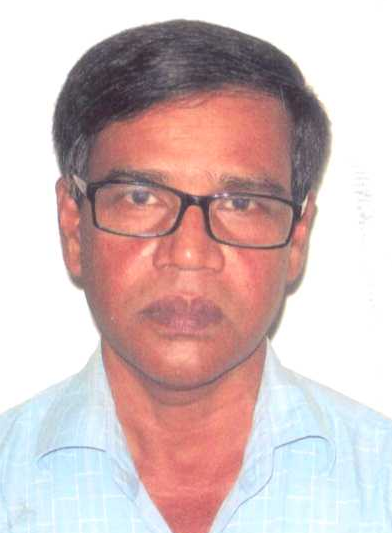Message from Director
The Institute of Bangladesh Studies (IBS) is a constituent Institute of the University of Rajshahi. IBS is the oldest and largest of the 6 Institutes of the university. The Institute is run through same committees and bodies such as the Institute Committee, Board of Studies (BoS) and Board of Governors (BoG) with broad frame work of policies, rules and regulation framed by the university.
IBS is the most well- known institute in Bangladesh for research on diverse issues of life, history, culture, politics, economy, geography, environment and other aspects of the country. The Institute has its own complex with (1) an imposing three-storied academic cum administrative building of 15,000 sqf that houses a rich library, a modern state-of the art computer lab, a modern seminar room with inbuilt sound system and multimedia and a modern classroom with permanently installed multimedia, office rooms for the Director, teachers, officers and supporting staff, (2) a 21,000 sft four storied hostel building (with 20 furnished single and 8 family accommodations, each with an attached bathroom) and (3) a 12000 sqf annex hostel building with four three-room family suites, 12 two-room family suites and 24 single rooms for the research fellows.
The Institute offers M.Phil. and Ph.D. degrees in different subjects of humanities, social sciences, business studies, law and non-experimental sciences. Scholars from diverse professional groups-College and university teachers, civil servants of different cadres, environmentalists and the like from all over the country and some scholars from overseas join the M.Phil. and Ph.D. programs of IBS.
IBS organises national and international seminars, symposia, workshop, and lectures by outstanding scholars from home and abroad on different important contemporary issues of Bangladesh.
It arranges exchange programmes and links with international academic community and extends affiliation to foreign scholars to come to Bangladesh and conduct research in the Institute. The Institute also supports its faculty, affiliated researchers and students for higher studies abroad on the basis of their performance in course and/or research work.
The Institute seeks to develop closer interaction among government resource personnel and university teachers and faculty members and fellows of IBS through seminars, symposia and action research. The Institute also seeks to provide link between the University and the society at large, especially rural Bangladesh through in-depth and action-oriented field research.


